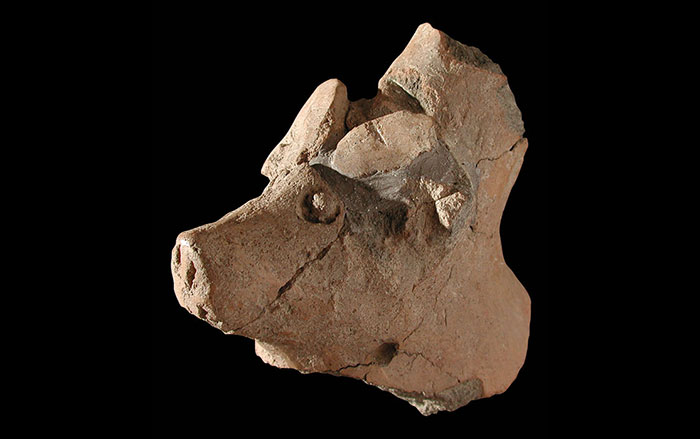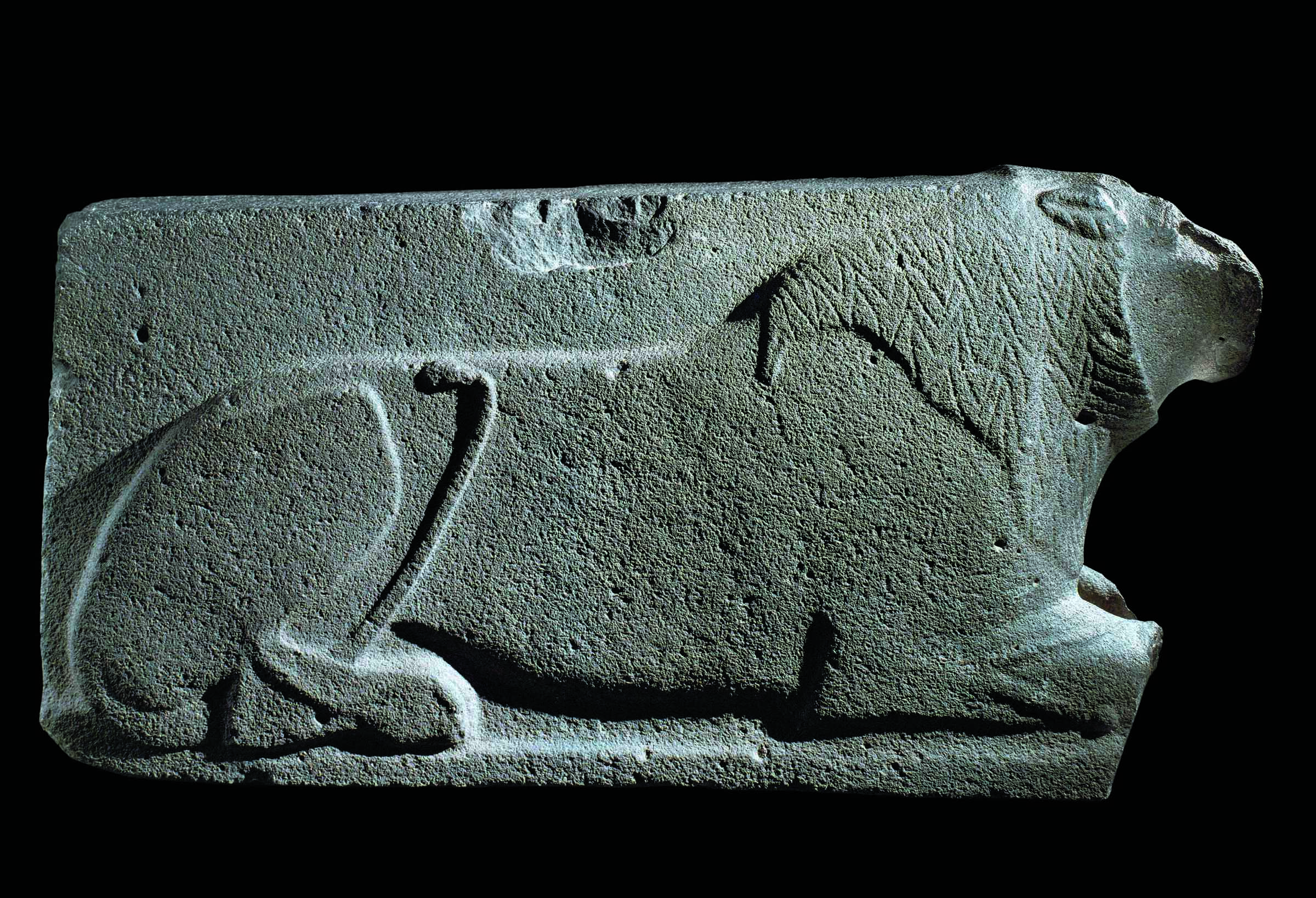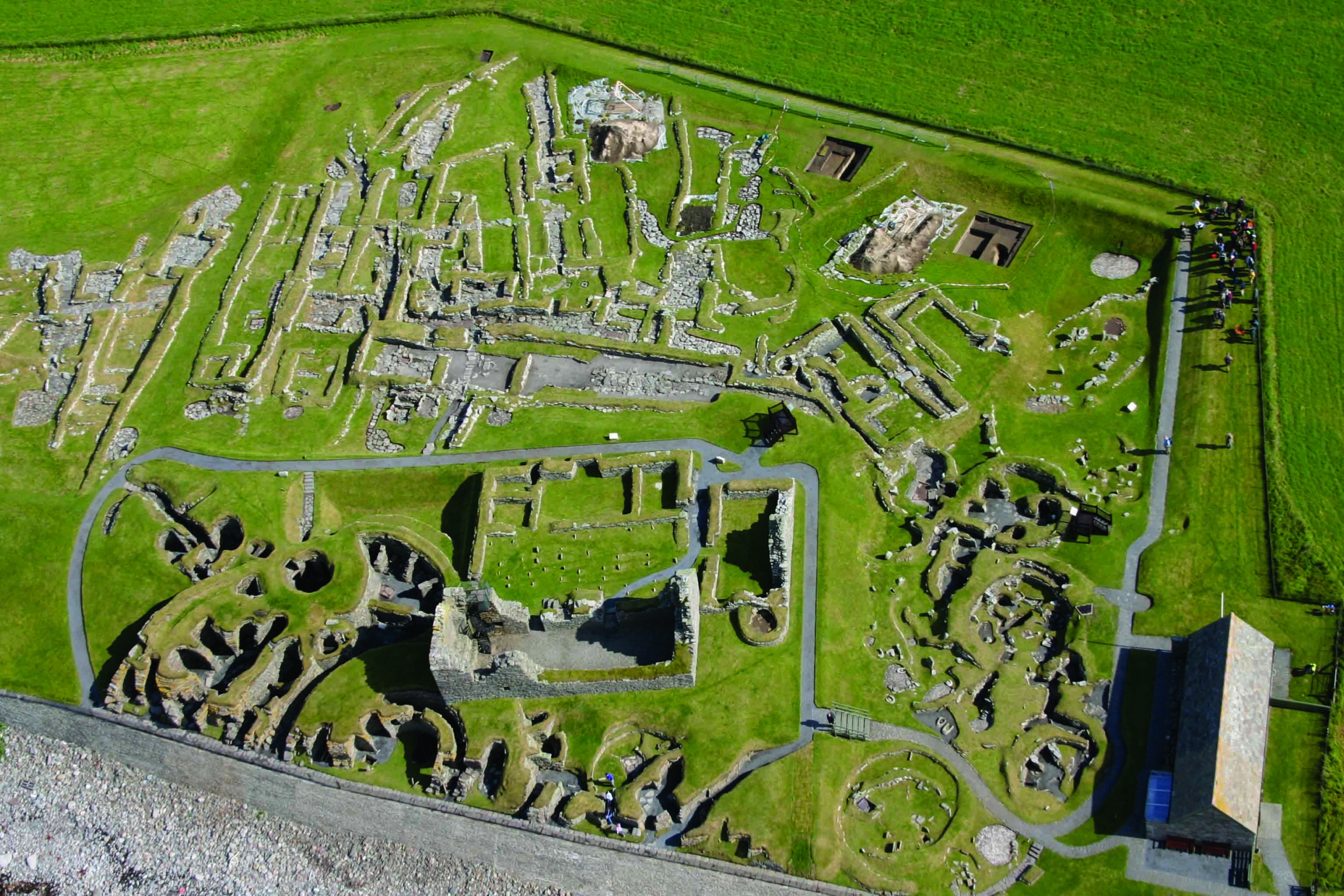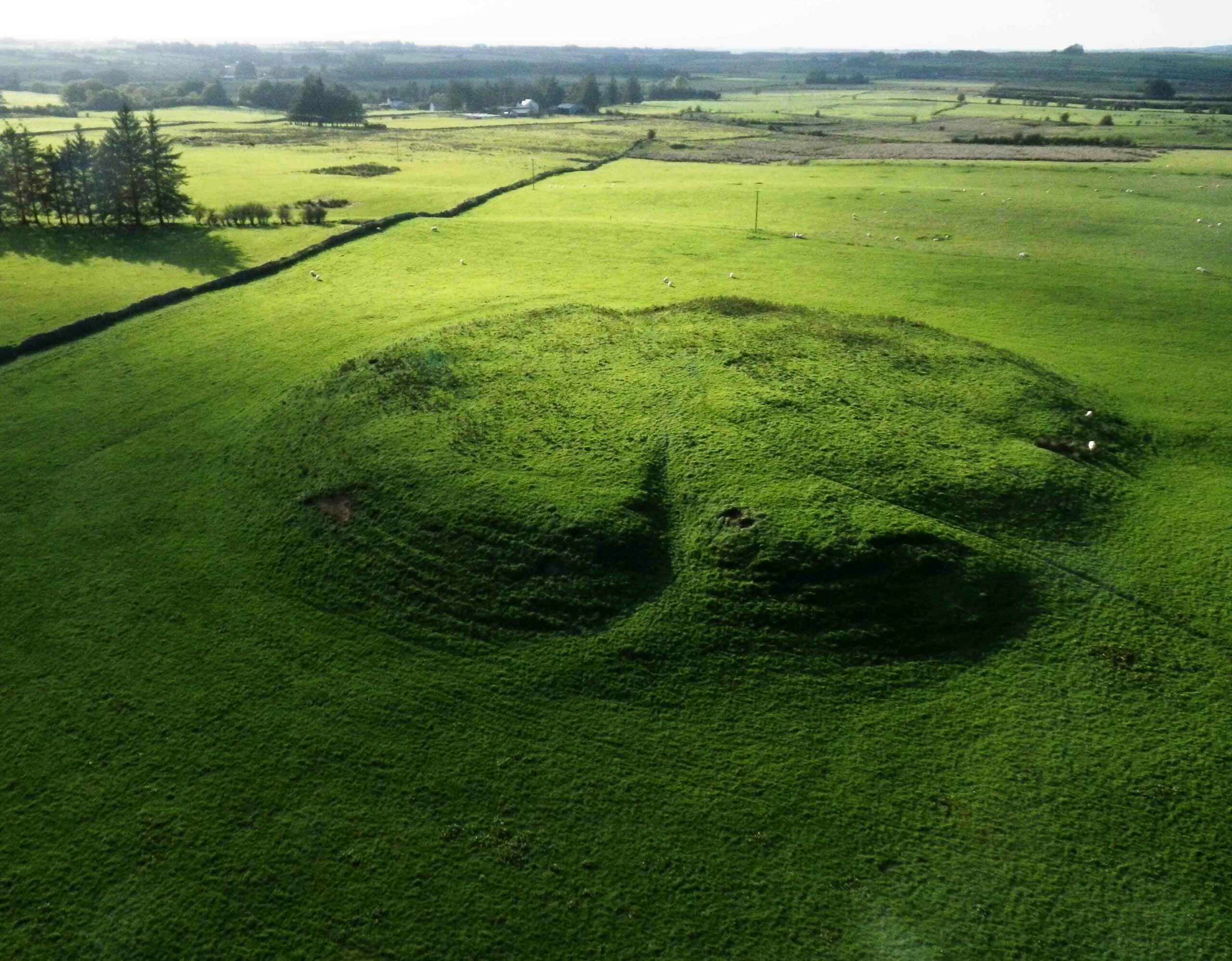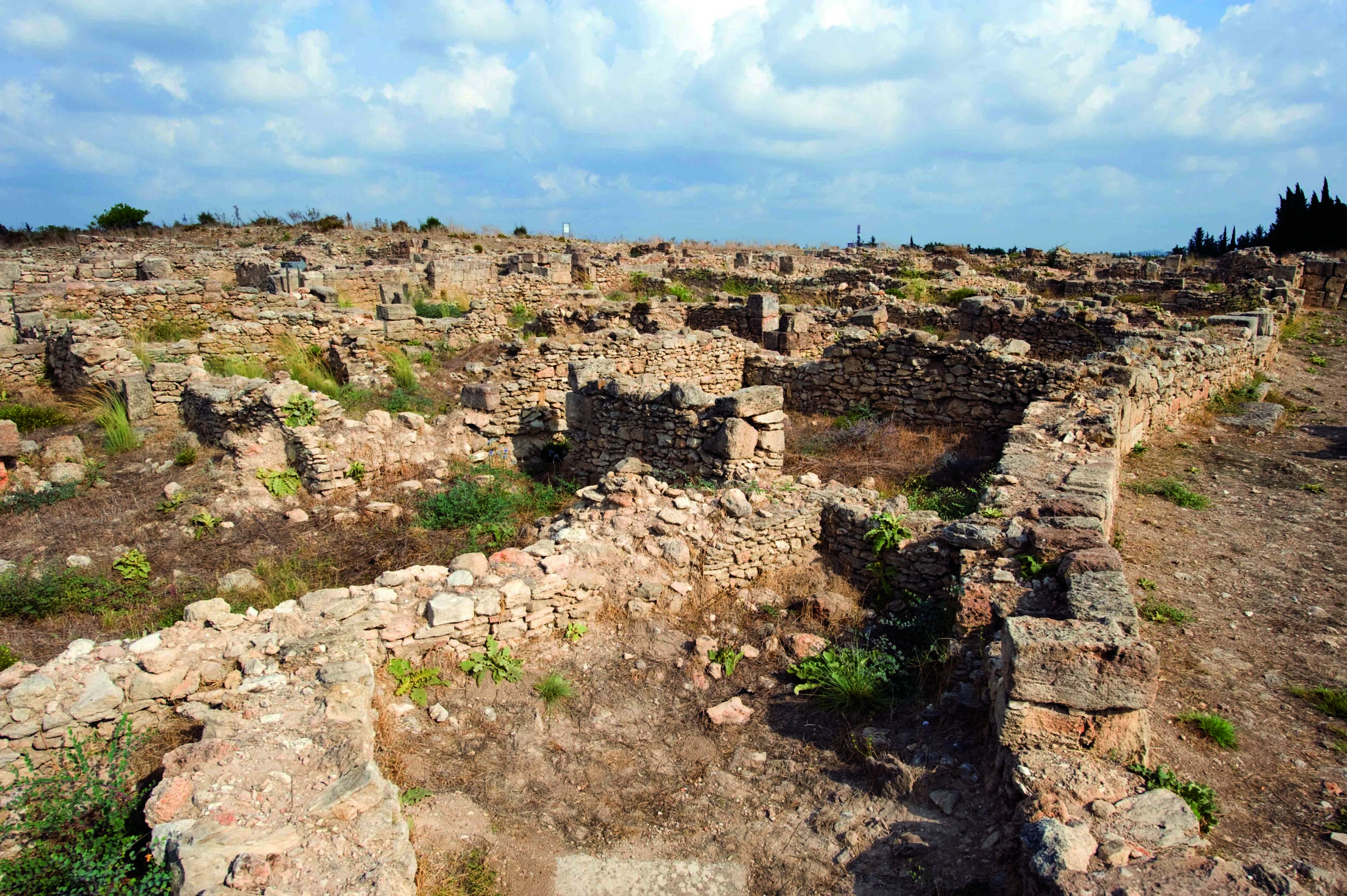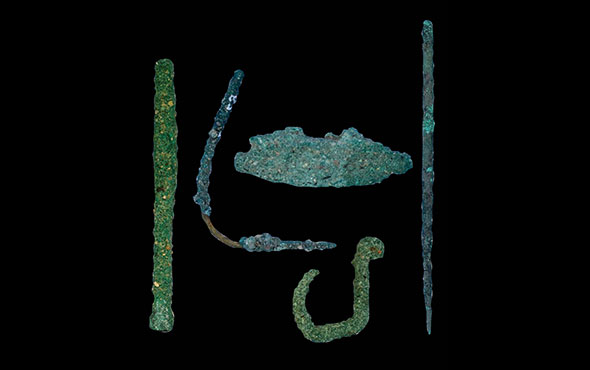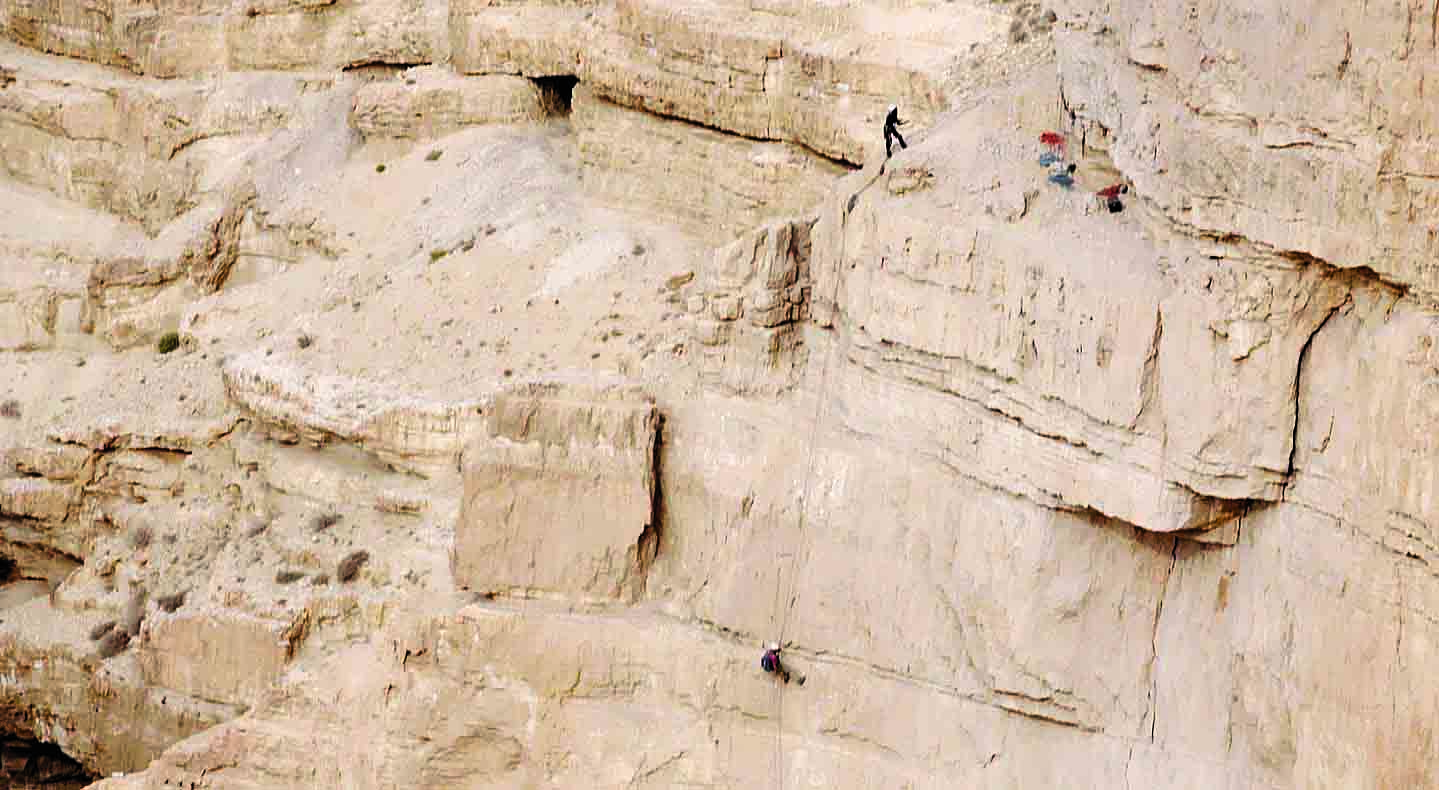
BERN, SWITZERLAND—According to a statement released by the University of Bern, researchers led by Albert Hafner have dated some 800 submerged wooden posts on what were the eastern banks of Lake Orhid, which is located in the southwest Balkans, through a study of their tree rings and radiocarbon dating. It had been previously thought that the site, known as Ploča Mičov Grad, was first built around 1000 B.C. and densely inhabited, but the range of dates indicates that dwellings were first built at the site in the middle of the fifth millennium B.C. Over time, new structures were built on top of the old ones into the second millennium B.C., thus explaining the large number of wooden piles. Hafner explained that the lake bed’s sediments also hold artifacts from the settlement such as harvested grain, plants, and animal remains that will offer information about the development of agriculture in the Balkans. To read about excavations during construction of a pipeline through the Balkans, go to "Letter from Albania: A Road Trip Through Time."


